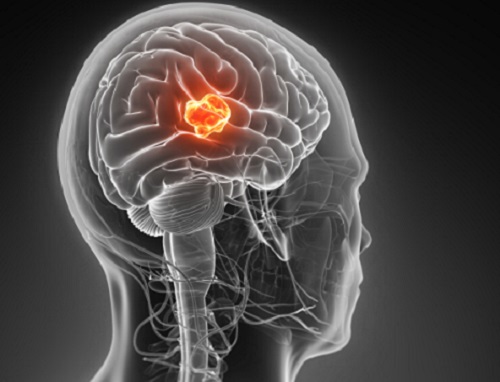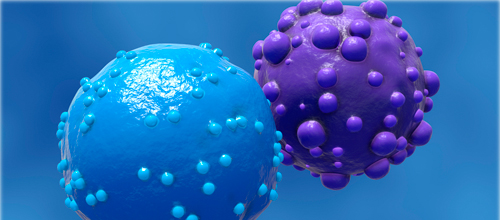June 12, 2017 (Medical News Today)
A nanoparticle has been created by scientists at Johns Hopkins, supporting two unique antibodies that may have the power of “switching off” destructive properties of cancer cells all while “switching on” a vigorous immune response against cancer.
These “immunoswitch” particles have been tested on mice and researchers have reported the incredible findings; the dual-acting particle has been shown to significantly decelerate the growth of melanoma and colon cancer in mice and even serve as a destructive mechanism against tumors in test animals.
The goal of this incredibly small particle is to increase the effectiveness of immunotherapies in treating cancer patients.
While immunotherapies, specifically check-point inhibitors, have great potential over defeating cancer, so far they have only worked on very few patients and against a small percentage of cancers. “Overall response rates against melanoma, bladder cancer, Hodgkin’s lymphoma and non-small cell lung cancer is around 30 percent, and complete response rates, resulting in eradication of a patient’s tumors, are as low as 5 percent.”
The double-acting methodology of “immunoswitch” particles is the reason they may be the key to more-effective cancer immunotherapy.
Their abilities come to life when two different antibodies are placed on “paramagnetic iron particles,” one meant to block a protein in which cancer has the power to disguise itself from immune cells and another to activate T cells to fight cancer.
The specific results of this study: mice who were injected with tumor-producing mouse melanoma cells, and who then received “immunoswitch” particles, experienced delayed tumor growth and longer survival rates than mice who received controlled or no treatment. Even more impressive were the results gathered from a mouse model of colon cancer; “complete regression” of tumors were observed in nearly half of the mice and about 70% “could be considered long-term survivors.”
Researchers’ next plan of action is to further better the “immunoswitch” particles by exploring more effective antibody combinations. And since the particles are magnetic, scientists also hope to examine potentially better results using magnets to focus the particles and stabilize them at the site of the tumor(s).




